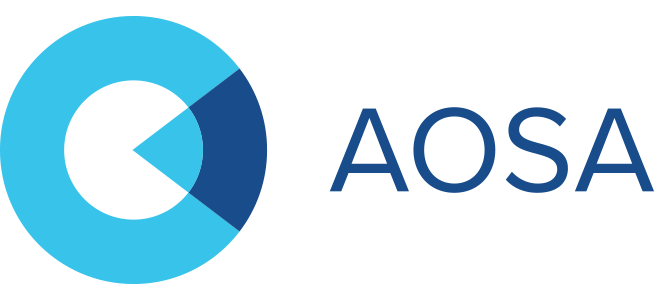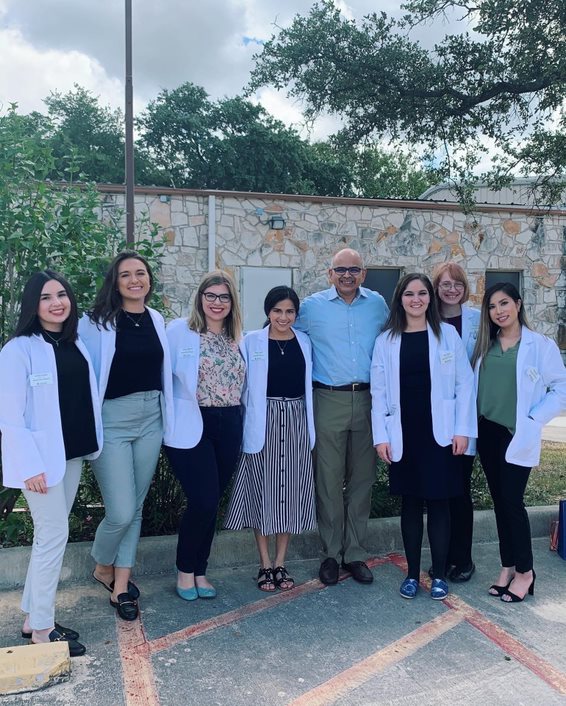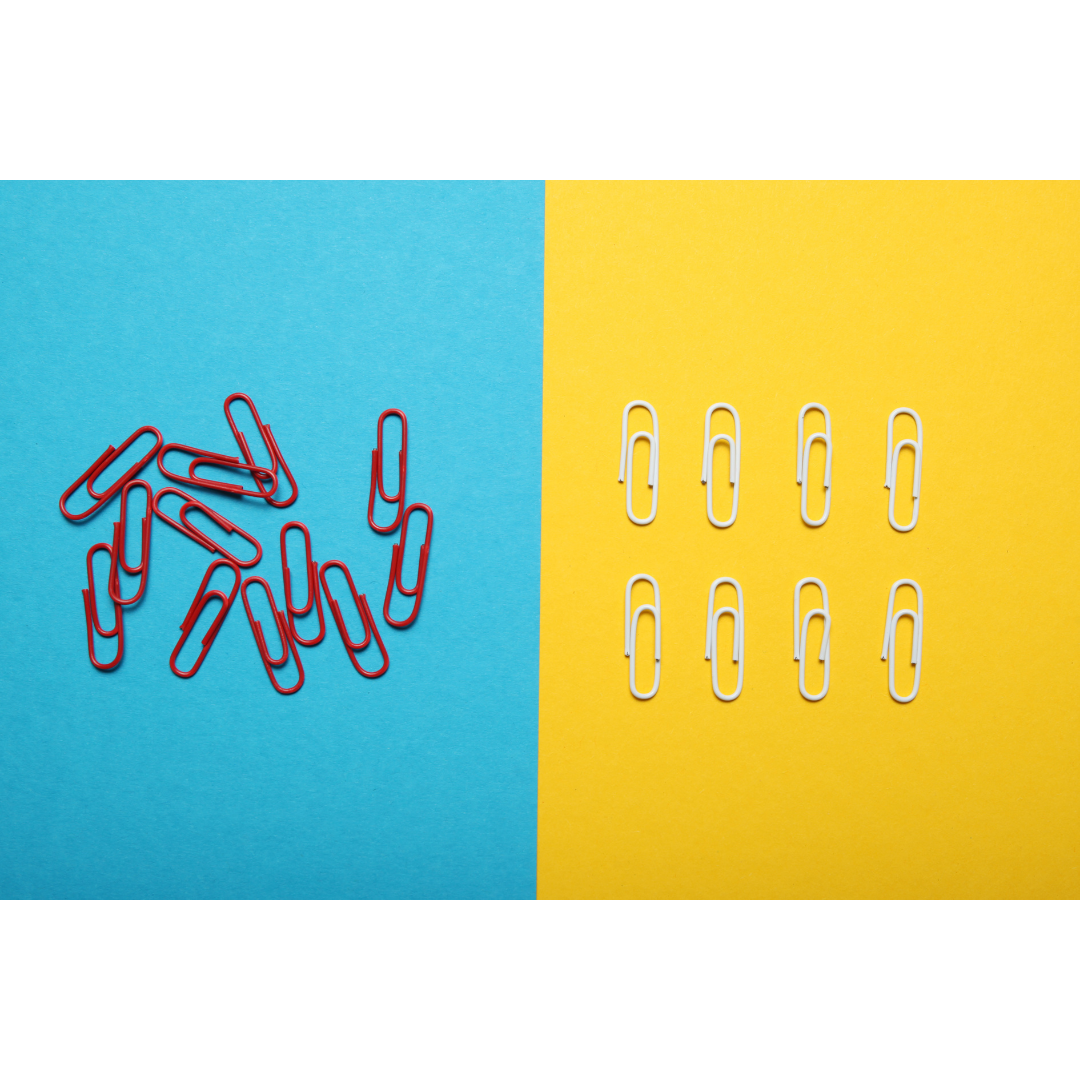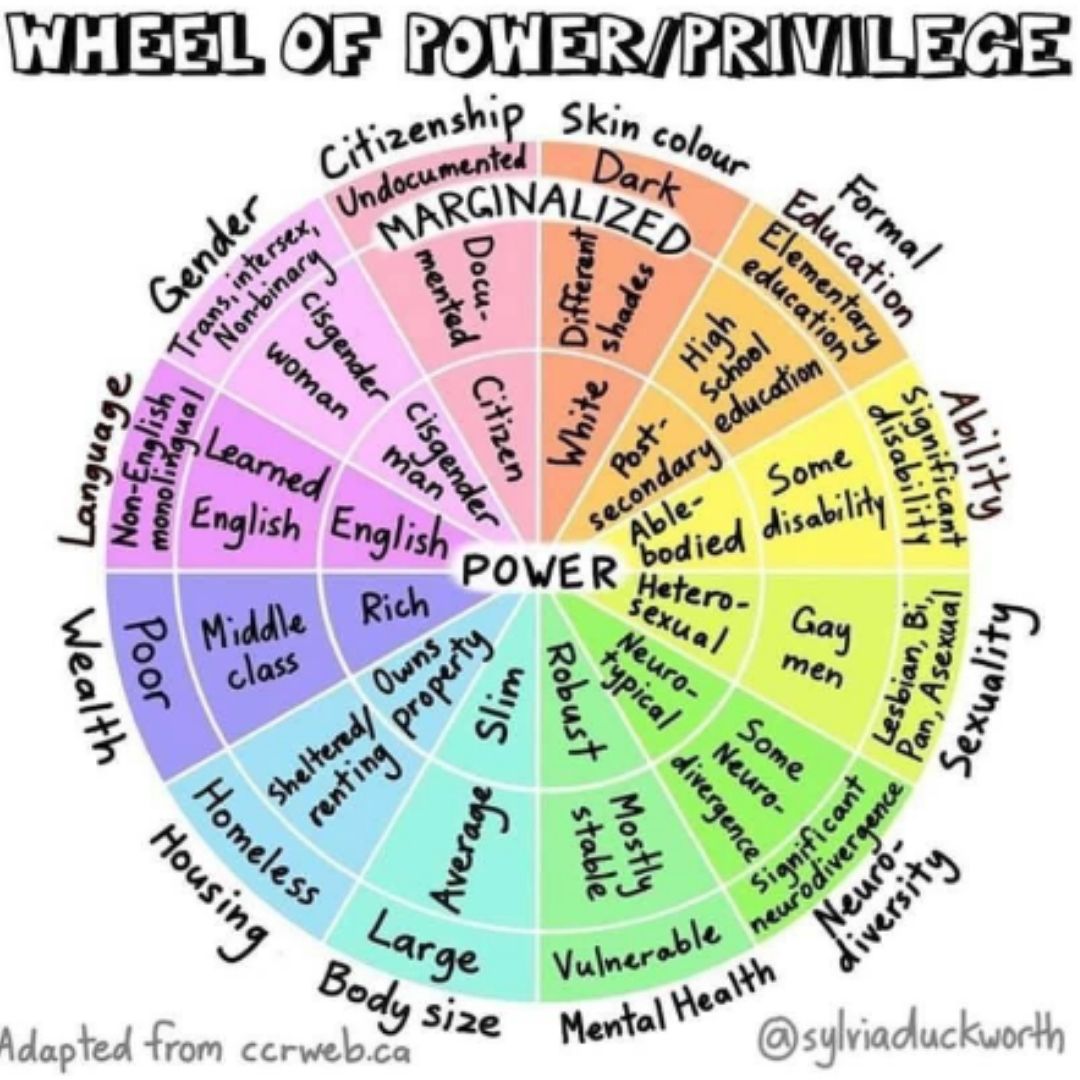Student success can be defined differently by every student, but it is important to find a way that brings us fulfillment on this journey to becoming a doctor. For some students, it might mean making straight A’s, being able to go on mission trips and making a difference in underprivileged communities, making it through exam week, forming lifelong friendships, or just staying awake during an entire zoom lecture! Whatever your goal is, it is important to find happiness in the midst of all that optometry school entails. For the first years, you are having a very unique start to your optometry career, but I hope I can offer some guidance to ease the transition to studying in a professional program.
For those wanting to be successful in the academic department, I would recommend making your own notes, working with other students when possible, talking to professors to see what areas you can improve on, and be flexible with your style of learning. I have had friends in first year who did not know what style of learning worked for them; they took everyone’s input and kept changing up their learning style, which only made them more confused. Your learning style may have changed after the first round of exams because you are not used to a certain professor’s style of teaching or the pace of the curriculum, and that is okay! I would just recommend trying to develop your own way and sticking to it. Even when I try to read someone else’s notes, I find it harder for me to understand because they are not my own. Talking to professors can also help you understand what areas to focus on. That way, you can utilize your time better when studying. They might seem intimidating at first, but they really are there to help you. My friends and I also like to quiz each other before exams, which is super helpful! My friends ask me questions I would have never thought of, and then we explain the answer when someone gets confused. You would be surprised at how talking it out helps you recall information better. Most importantly, it is okay to ask for a tutor. There is no shame in needing extra help. It is YOUR academic career, so do what you need to keep you on the road to getting that degree!
With the pandemic going on, it is difficult for clubs to meet during a time where we need to be separated, but I would still recommend joining clubs and getting involved! It is a great segue into everything the optometry field has to offer and helps you find other students who are interested in the same specialty areas as you. Whether you want to go on mission trips, network, do sports vision, do low vision, or ANYTHING your heart desires…clubs are a great way to get you where you want to be when you reach the end of your academic career. You might not know what you want to specialize in or if you even want to specialize in anything, but clubs are a great way to help you figure that out and to also just have some fun doing optometry related things!
Most importantly, try to not just focus on school work. I know school is very demanding of your time, but you still need a break. Find at least one friend to help you get through the day, especially since most of you go to school outside of your hometown and away from your family. I found that most people tend to be friends with the people in their labs because they have the same exact schedules, so if you are having trouble finding at least one person because you are shy like me, then I would start there! Your classmates are the only ones who will truly understand what you are going through. It is a comforting feeling knowing you are not the only one on the struggle bus sometimes. If you are shy like me, just think about all the new patients you will have to talk to on a daily basis. Talking to one person in your school is not as scary as talking to a bunch of strangers everyday, so believe in yourself and be the one to start the conversation.
Good luck to everyone on the rest of the semester. You can do it! You are not alone in this. There are so many people in your class and in the school available to help you. As Michael Scott said, “I knew exactly what to do, but in a much more real sense, I had no idea what to do.” You know what it takes to get that degree, but sometimes you might feel lost and wonder if you made the right choice. Just take it one day at a time, and know you do not have to do it alone. Remember why you fell in love with optometry, and know your hard work will pay off one day. Enjoy the small moments and learn as much as you can because these are the days that will shape what kind of doctor you will become. I hope you stay safe and find success and happiness on your journey.
Photo (Left to Right): Estefany Mendez, Alexandria Van Ells, Caroline Obermeier, Monica Carrizal (Me), Dr. Srihari Narayanan, Nicole Klesner, Breeanna Kelly, Sarah Duong











